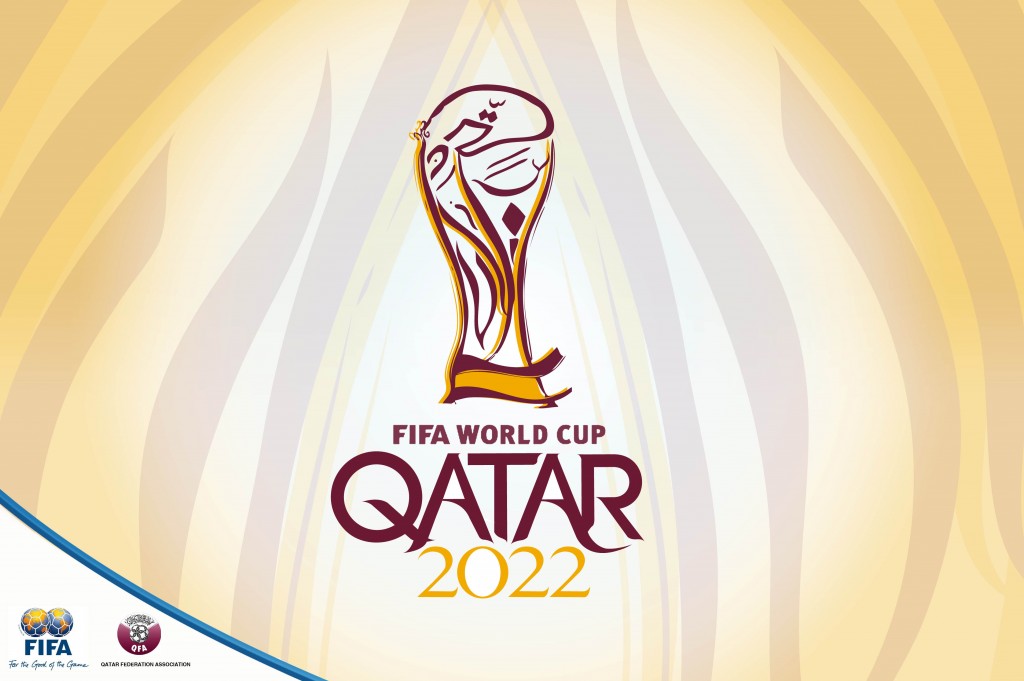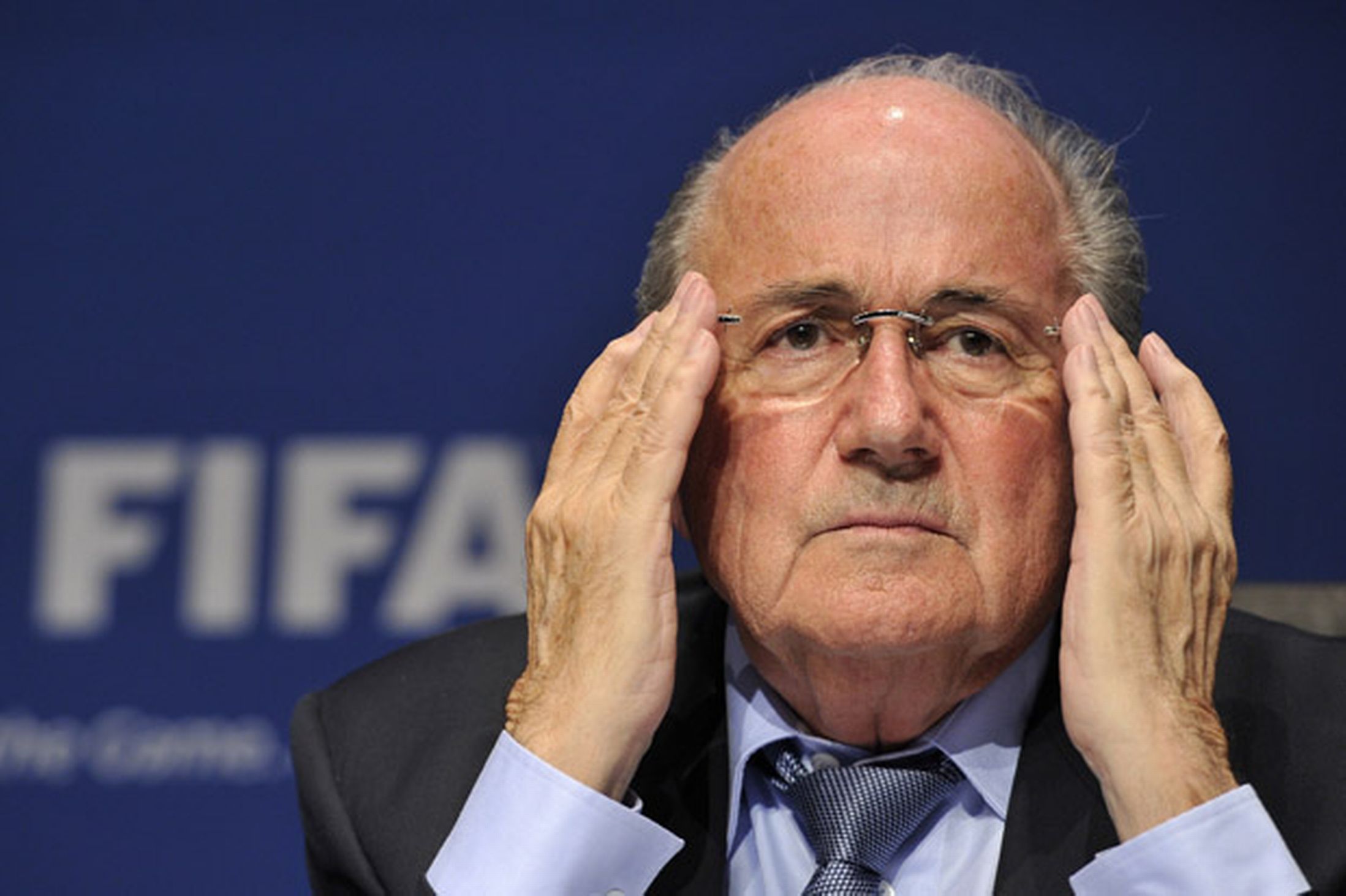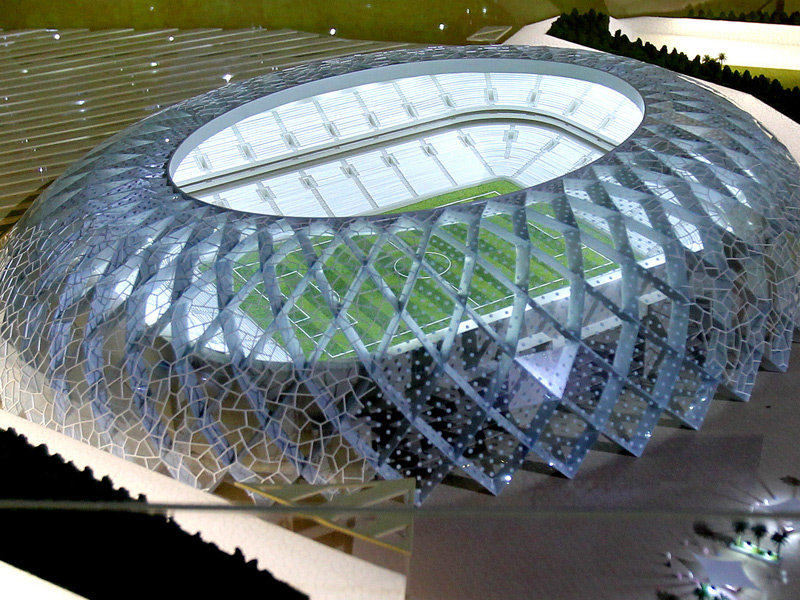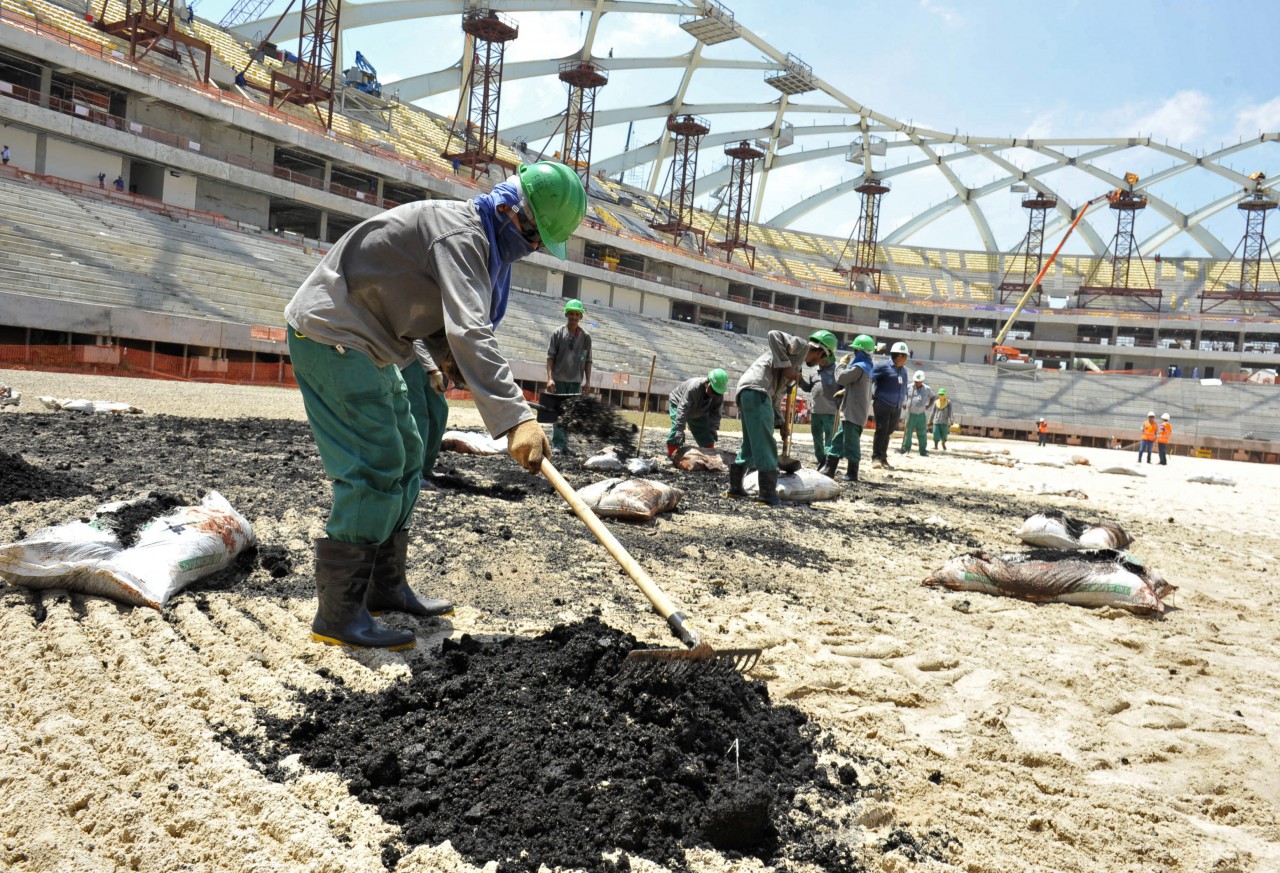The 2022 World Cup in Qatar is still seven years away, but it has already been mired in controversies and debacles right from the moment it was announced. And now, FIFA is making it even harder to justify or defend. They’ve just decreed that the 2022 World Cup will take place in either November or December, instead of the usual summer timeframe.
Until now, FIFA has managed to appeal to the players, by giving them massive tournaments with huge glory and the opportunity to represent their nations. The clubs allow the players to go because they want to keep players happy, mostly, but they don’t like it one bit. Now, by moving their biggest tournament bang in the middle of club season, FIFA risks alienating these clubs and, more importantly, the sport’s fans.
FIFA’s contention is that shifting the event to November-December will mercifully spare players and fans alike from bearing the triple-digit desert temperatures Qatar would have presented. That’s fine, but who decided to hold one of the most important sporting events in the blooming desert in the first place? Didn’t they know that there aren’t enough water breaks in the world to make those playing conditions safe? One report even suggested the tournament might even be too uncomfortably hot for spectators to even watch, let along players to play 90-minute-plus games of soccer under the sun.
Qatar originally promised to hold the tournament in the summer with the help of space-age cooling technologies that would lower the temperature from 120 degrees to 80 degrees inside the stadiums. Those technologies remain untested with seven years to go, and now the plan has been abandoned completely. Don’t expect to see fancy artificial clouds keeping your Diet Coke just a bit cooler there.
This action will also cut into the biggest professional soccer leagues like La Liga, Bundesliga, Serie A and the Barclays Premier League, plus pro leagues in Russia, Portugal, France, Japan and other countries. All those leagues play in the winter months and make a lot of money with TV rights and ticket sales.
It is not just the clubs and fans that will suffer: media partners investing in 2022′s coverage certainly get the raw end of the deal given that the World Cup will now be going up against the mighty NFL and NCAA football. This might explain why, last Thursday, FIFA announced it had extended its U.S. media rights agreements with Fox and NBC’s Universal’s Telemundo through and including the 2026 World Cup.
We hear that the heads of Europe’s leading clubs and leagues, including Premier League chief executive Richard Scudamore, will make a last-ditch stand this week to prevent the disaster in the works, despite FIFA stating, with their characteristic arrogance, that “it’s a done deal.”
Qatar’s hosting of the Cup isn’t about spreading the wealth of mega-event economic impacts or growing the game’s global popularity. It is undeniably about lining the pockets of a few.
Meanwhile, workers building Qatar’s World Cup infrastructure from scratch keep dying at a rate of one every two days.






